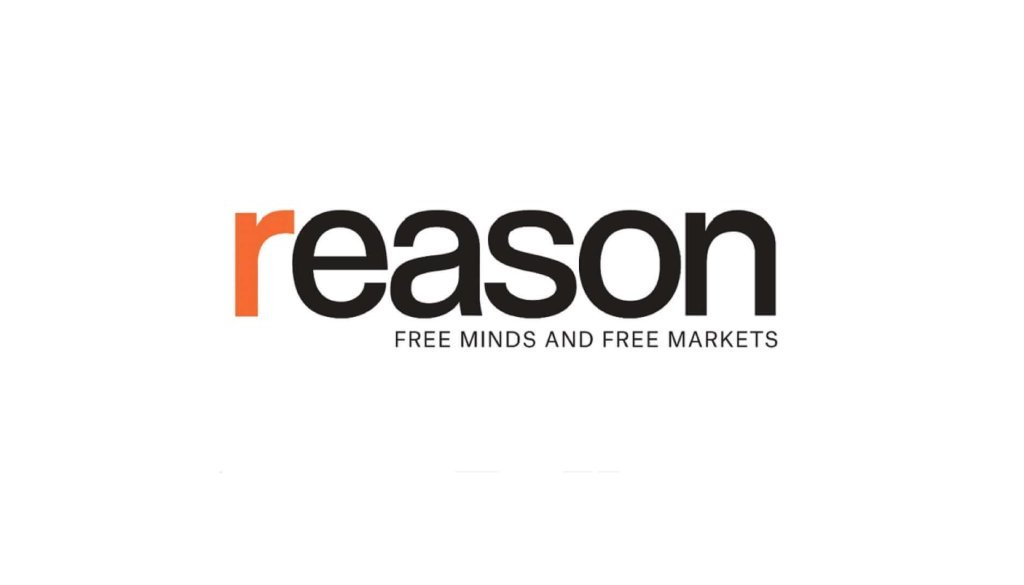Should Sharing Information About Israeli Businesses Get You 20 Years in Prison?
Boycotting foreign countries is an American tradition older than the United States. The Boston Tea Party that preceded the American Revolution came at the tail end of a boycott campaign against British goods. But since the 1970s, the U.S. government has tried to stop Americans from participating in unauthorized foreign boycotts.
This week, the House of Representatives was set to vote on the International Governmental Organization (IGO) Anti-Boycott Act, which would arguably be the most draconian measure of this kind to date: It would impose a maximum 20-year prison sentence or $1 million fine for complying with international human rights sanctions against a U.S. ally, including by “furnishing information.”
The bill’s sponsors are bipartisan: Reps. Mike Lawler (R–N.Y.) and Josh Gottheimer (D–N.J.). So are its opponents. After running into unexpected Republican opposition—including from lawmakers who vehemently oppose boycotting Israel, such as Reps. Marjorie Taylor Greene (R–Ga.) and Anna Paulina Luna (R–Fla.)—the vote was quietly postponed, the libertarian-leaning Rep. Thomas Massie (R–Ky.) revealed on X on Sunday night.
Although the bill is on ice for now, the antiboycott laws that it is built on are still on the books.
In response to the Arab League embargo on Israel, the Carter administration adopted export regulations in 1977 banning American businesses from heeding an “agreement with, a requirement of, or a request from” a foreign government to boycott a “friendly” third party. Congress tightened the restrictions in 2018, imposing a maximum 20-year prison sentence or $1 million fine for violations. Complying with a boycott includes “furnishing information” to boycotting countries, or even failing to report a foreign boycott request to the U.S. Bureau of Industry and Security. Last year, an American company was fined $151,875 after it didn’t tell the U.S. government that its distributor in the United Arab Emirates wanted it to stop selling to Israel.
The IGO Anti-Boycott Act would expand unauthorized boycotts to include campaigns by international institutions like the United Nations or European Union. The preamble to an earlier Democratic-sponsored version of the bill, which failed in 2018, specifically accused the United Nations Human Rights Council of sponsoring a “commercial boycott” of Israel by publishing a list of businesses that it considered complicit in Israeli rule over the Palestinian territories.
“International organizations can’t get away with targeting our key democratic ally, Israel. That’s why we are introducing the bipartisan IGO Anti-Boycott Act to counter the blatant anti-Israel bias in international organizations like the United Nations,” Gottheimer said in a January press release published by Lawler’s office.
Civil libertarians warn that treating the U.N. list as a foreign boycott would allow the U.S. government to prosecute Americans for political statements. The IGO Anti-Boycott Act “plainly extends to voluntary, politically-motivated speech seekin
Article from Reason.com

The Reason Magazine website is a go-to destination for libertarians seeking cogent analysis, investigative reporting, and thought-provoking commentary. Championing the principles of individual freedom, limited government, and free markets, the site offers a diverse range of articles, videos, and podcasts that challenge conventional wisdom and advocate for libertarian solutions. Whether you’re interested in politics, culture, or technology, Reason provides a unique lens that prioritizes liberty and rational discourse. It’s an essential resource for those who value critical thinking and nuanced debate in the pursuit of a freer society.




